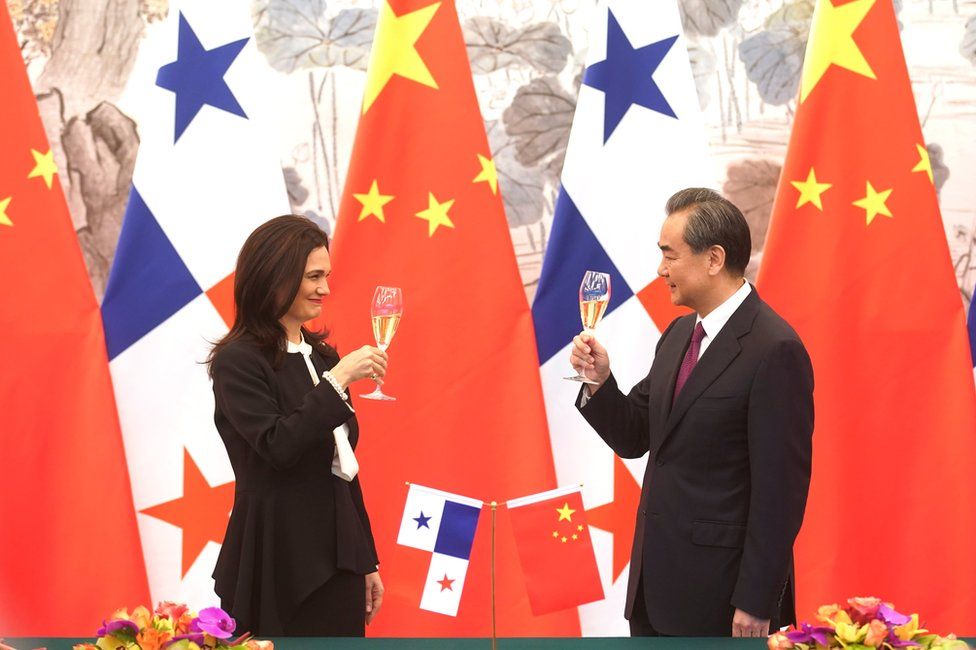Top Pentagon Officials Concerned by Growing Chinese Influence in Latin America
US SOUTHCOM commander Admiral Craig Faller has drawn attention to China’s increased presence in Latin America and the dire consequences for United States security:
“What does it look like if China has a strategic control of the Strait of Magellan, or the Panama Canal, the approaches to the Gulf of Mexico through a Caribbean port? What does that look like in a global conflict?”
While for the time being such developments may seem fantastical, a deepening Chinese presence in the region may make Faller’s scenario a possibility.
As part of its Belt and Road Initiative (BRI), China has increasingly provided loans and investments to Latin American states. Four years ago, only one regional government had signed a BRI-related agreement with Beijing. Today, that number stands at 19. As of 2019, trade between China and Latin America reached $315 billion in value.
Cooperation has also been expanded to the military sphere with the PRC providing training and equipment to some Latin American states, including armored vehicles which were used against protestors by the Venezuelan government. Faller added that:
“We’ve even found them teaching a course on why the US is not a partner of choice for the military taught by the PLA to partner nation militaries here in the hemisphere.”

For Washington, Latin America has long been considered the country’s strategic backyard, with the most notable document acknowledging this being the 1823 Monroe doctrine. At a recent conference in Chile, Acting U.S. Defense Secretary Christopher Miller called for increased cooperation between the US and Latin American states. In addition to highlighting American aid for natural-disaster-struck countries in the region, Miller warned of illegal Chinese fishing and other activities which threaten regional prosperity and security. Miller’s underlying message was that:
“Our nations share common interests that transcend our differences, including humanitarian assistance, disaster relief and combating transnational threats. […] Moreover, with our like-minded partners, we share common values such as human rights, democracy and respect for the rule of law.”

America’s response isn’t limited to just talking points. In December 2019, the US launched the “Growth in the Americas” initiative as a direct counter to the BRI. Meanwhile, Joe Biden has called for $4 billion to be invested through private-public partnerships in order to foster growth in Latin America. However, with China having become the largest development lender in Latin America, the struggle for influence will not be easy.

